Lesson Ten a lot / some / any These words are used with count and noncount nouns. a lot of = many or much There is a lot of traffic on one side of the street. There are a lot of cars on one side of the street. A lot of traffic = many …
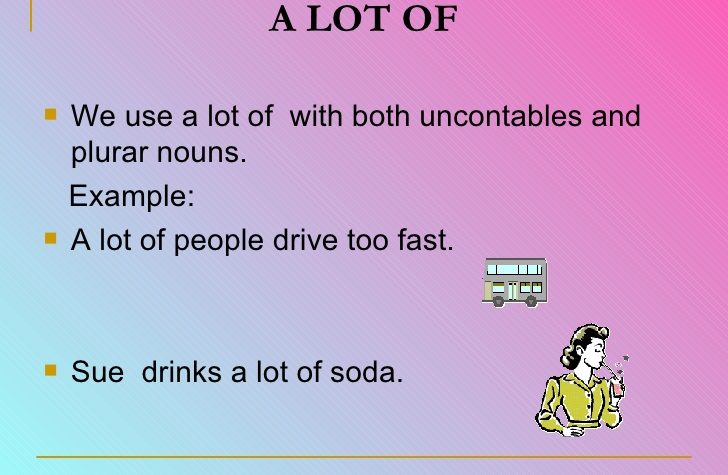

Lesson Ten a lot / some / any These words are used with count and noncount nouns. a lot of = many or much There is a lot of traffic on one side of the street. There are a lot of cars on one side of the street. A lot of traffic = many …
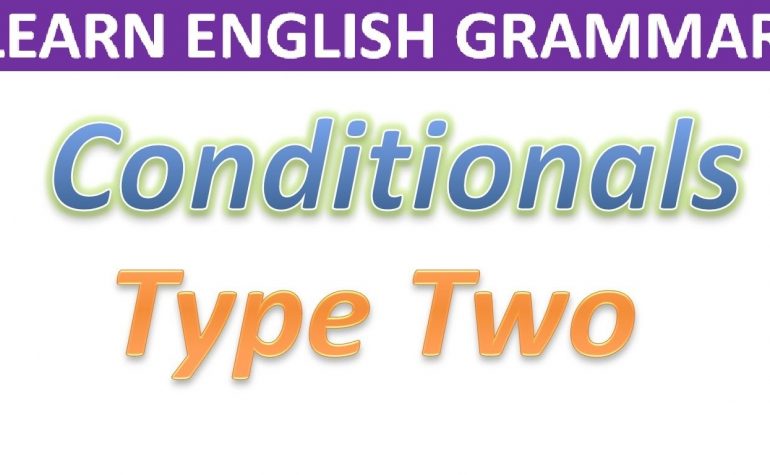
Câu điều kiện loại 2 giống như câu điều kiện loại 1 là chúng ta vẫn đang nghĩ về tương lai, về kết quả của hành động trong tương lai. Nhưng tình huống sẽ không xảy ra hoặc rất khó xảy ra. Ta còn có thể gọi câu điều kiện loại 2 là câu điều kiện hiện …

ĐỊNH NGHĨA TÍNH TỪ Tính từ là các từ miêu tả các đặc tính, tính chất của sự vật, vật, người, … Ex: – It’s a wet umbrella (Nó là một cây dù ướt) –> tính từ wet miêu tả cho danh từ umbrella – He’s handsome. (Anh ấy thì đẹp trai.) –> tính từ …

Đại Từ Quan Hệ (Relative Pronouns) 1. That và which làm chủ ngữ của mệnh đề phụ Nó đứng đầu câu phụ, thay thế cho danh từ bất động vật đứng trước nó và đóng vai trò chủ ngữ của câu phụ. Trong trường hợp này không thể lược bỏ that hoặc which: + We …
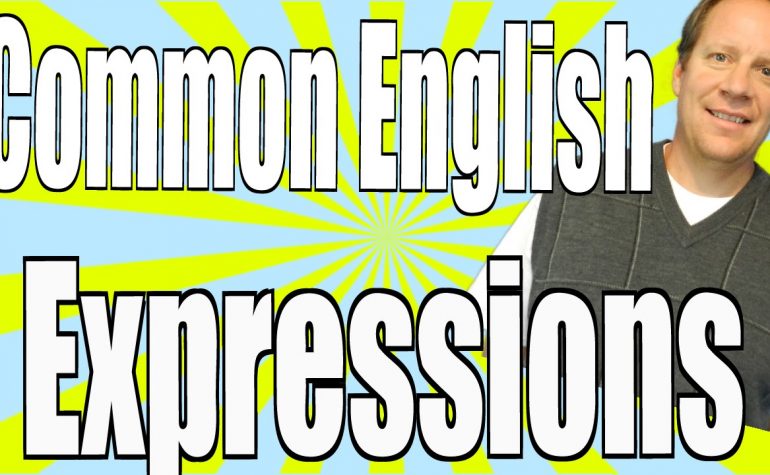
Words and expressions frequently appear on TOEIC Nouns + preposition Cause of The cause of fire was carelessness Combination of A combination of high interest rates and falling demands forced the company to close. Demand for The management has refused to agree to our demand for 7% pay raise. Development in People are …
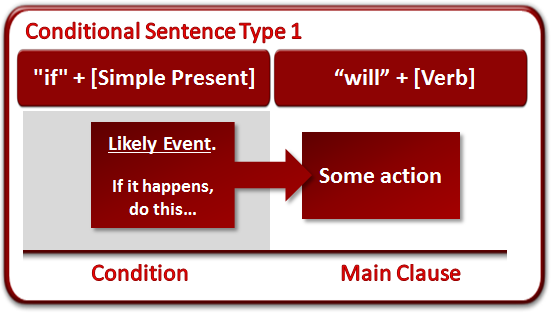
Loại 1: Điều kiện có thể xảy ra ở hiện tại hoặc tương lai. Ví dụ: If I have enough money, I will buy a new car. Cấu trúc: If + Thì hiện tại đơn, Thì tương lai đơn * Loại 2: Điều kiện không thể xảy ra ở hiện tại hoặc tương lai -ước …
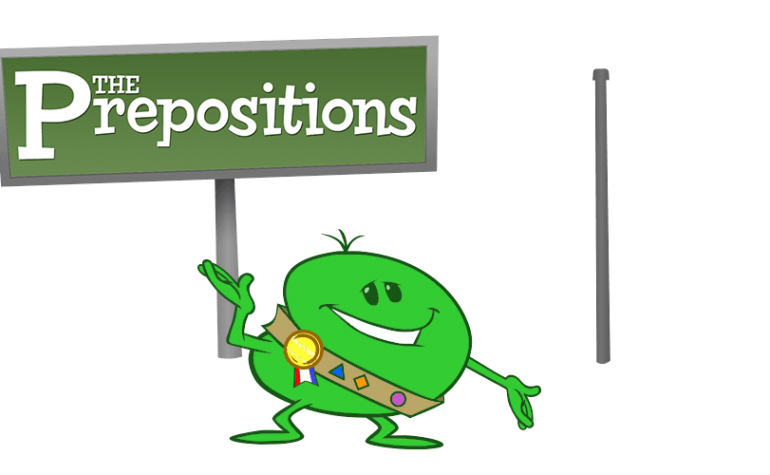
. TỔNG HỢP NHỮNG TÍNH TỪ LUÔN ĐI VỚI GIỚI TỪ “TO”: Able to (adj): có thể Acceptable to (adj): có thể chấp nhận Accustomed to (adj): quen với Addicted to (adj): đam mê Agreeable to (adj): có thể đồng ý Apologize to someone for something (v): xin lỗi ai (về cái gì) Available to …

1. free • free (không trả phí) You can come in free. • freely (tự do làm gì ) He could speak freely about it. 2. hard • hard ( chăm chỉ , cần cù ) He works hard. • hardly ( hiếm khi , trạng từ tần suất, hầu như không ) He hardly …
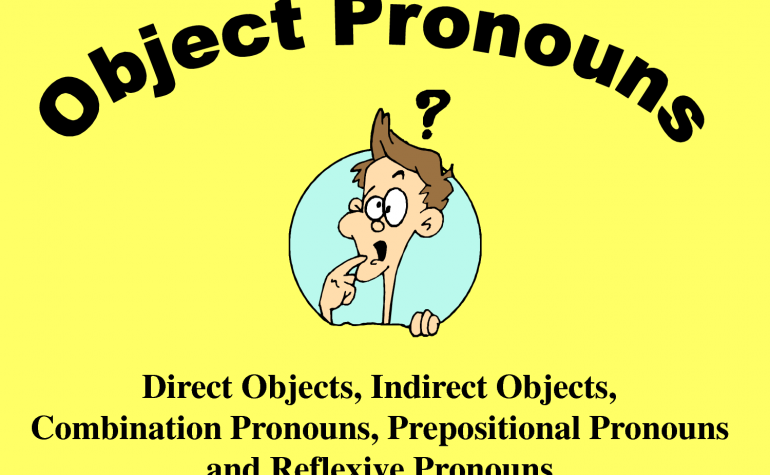
Lesson Six Object Pronouns singular: me, you, him, her, it plural: us, you, them Subject Pronoun Object Pronoun Noun I I talk to you. Me You talk to me. me for oneself You You talk to me. You I talk to you. you One person I talk to He He calls you. Him You call …

Lesson Five Questions with “do” Do I teachEnglish? (Answer: Yes, you do.) I Do you speakEnglish? (Answer: Yes, I do.) Where do yougo to school? (Answer: I go to school at the university.) you Does he likebooks? (Yes, he does.) Does she likeher hairstyle? (Yes, she does.) What color does she like? (She likes …